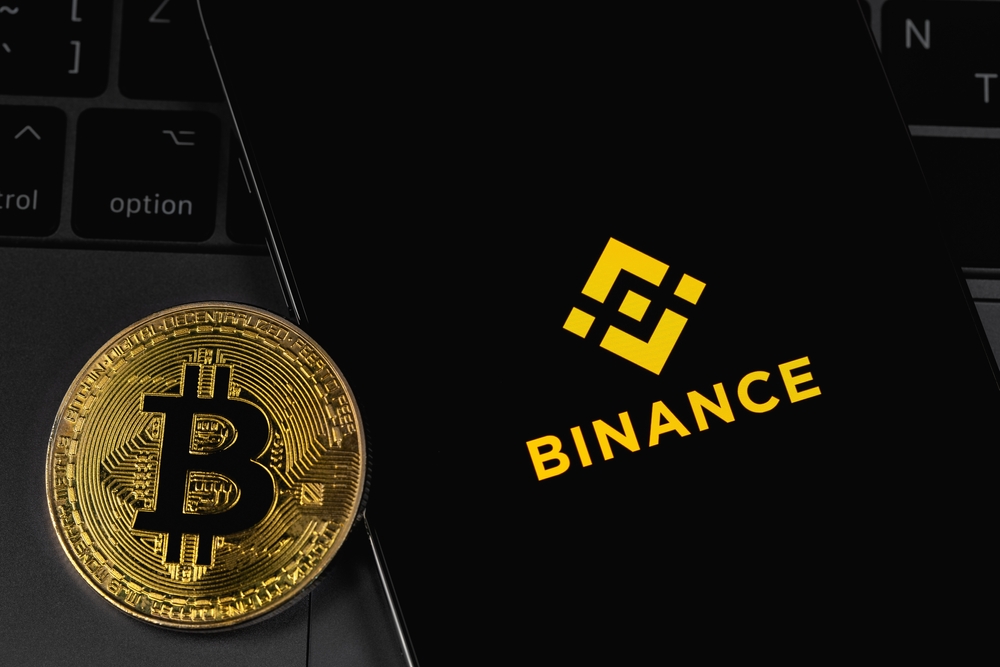Who is a Blockchain Validator? – All You Need to Know

Validators are important parties in any blockchain network. They verify and add transactions to proof-of-authority and proof-of-stake blockchains. Validators usually check whether the impending transactions follow the rules of a particular blockchain.
Moreover, blockchain validators are responsible for maintaining the security of the networks they operate on. They constantly monitor these networks to detect suspicious activities like double spending, which refers to the act of spending the same amount of coins twice.
Validators do not do what they do for free. Instead, they are rewarded with the native tokens of the underlying networks. For example, Ethereum validators are paid in ETH.
How Do Proof-of-Stake Validators Function?
In proof-of-stake networks, the process of validating transactions has three key elements: node operators, stake amount, and validator client. A validator client can be described as software that maintains private keys and uses them to verify the state of a particular blockchain. Stake amount, on the other hand, refers to the amount of crypto deposited by an entity or individual to become a blockchain validator. A node operator is an entity or individual that operates a validator client.
Try GPT Definity AI today, the #1 crypto trading robot! Click here to learn more. Artificial intelligence trading robots are taking over the trading eco-system, you can join this revolution and profit from daily revenues! Get ahead of the trading game with Artificial Intelligence crypto trading software today!
In many proof-of-stake blockchains, a validator is randomly picked from a pool of validators to prepare a block of transactions and broadcast it to the entire blockchain. The validator community then approves or rejects the block. Only approved blocks of transaction reach finality.
Meanwhile, some blockchains use the delegated proof-of-stake consensus mechanism, where stakers vote for validators who will approve the next block of transactions rather than pick them randomly.
How Do Proof-of-Authority Validators Function?
In proof-of-authority blockchains, validators are pre-selected and entrusted with verifying new transaction blocks and keeping the networks secure. The proof-of-authority consensus algorithm is ideal in private blockchains where decentralization is not highly prioritized.
To become a validator on a proof-of-authority network, you need to have no criminal record and be associated with the organization hosting the blockchain. After being selected as a validator, the size of your staked crypto will boost or reduce the chances of being picked to propose a block.
When you manage to propose and broadcast a block of transactions, other validators on the network will verify it before being added to the chain.
The Difference Between Validators and Miners
Miners and validators play the same roles: maintaining the security of blockchains and verifying the accuracy of transactions. The big difference between the two parties is that the networks they operate on use varying consensus mechanisms. Miners validate transactions on proof-of-work blockchains, while validators, as mentioned, operate on proof-of-stake and proof-of-authority networks.
Moreover, while validators are selected to verify transactions, miners, on the other hand, compete with each other to solve complicated mathematical problems to add blocks of transactions to the proof-of-work networks.
How to Run a Validator Node
Here are the steps to follow to operate a validator node:
Choose a Blockchain
You need to select a network with high transaction volumes but few validators. This increases your chances of getting a block to validate.
Set Up Hardware
As a node operator, you must have a computer with enough storage, processing power, and RAM. Before buying a computer, make sure you understand the hardware requirements of the selected blockchain.
Download and Install Validation Software
Install the validation software of your preferred blockchain on your computer to start operating a node. Upon installation, adopt a strong password and keep the software updated.
Become a Validator
As mentioned earlier, anyone who wishes to become a validator on proof-of-stake blockchains must stake a specified amount of crypto. For instance, if you want to become an Ethereum validator, you need to stake at least 32 ETH.
Monitor Your Node
Once you become a validator, monitor your node regularly to ensure it operates smoothly.
Manage Rewards
As stated, validators are rewarded using the native tokens of the blockchains in which they run their nodes. So, you need to understand how to claim the rewards and the crypto wallets that allow you to store these tokens.
Disclaimer: Mining Plus Crypto specializes in amplifying content for dozens of cryptocurrency and blockchain firms, and your company could be next on the list! For inquiries, please reach out to us through or Telegram Chat. Given the unpredictable nature of cryptocurrencies, we advise you to thoroughly research before investing. A portion of the content available on our website, including broker reviews, is paid content or content contributed by guest writers and does not necessarily represent the opinions of Mining Plus Crypto. We claim no liability for the accuracy, quality, and content of advertisements, products, or any other materials, including ad spaces displayed on our site. For a comprehensive understanding, please review our full terms and conditions, and disclaimer.






